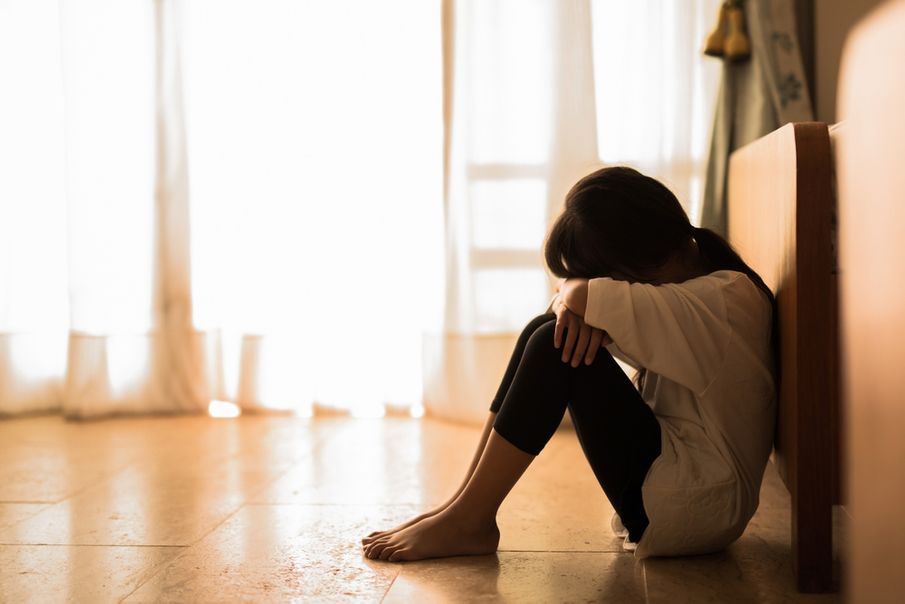Last year, Childline gave more than 60 counselling sessions for suicidal thoughts every day

The number of children calling the charitable helpline, Childline, with suicidal thoughts has risen by 15% over the past year. Of the 295,202 counselling sessions conducted by the children’s charity, 13,746 were experiencing anxiety and 22,456 had suicidal thoughts.
In response to these statistics, published in Childline’s 2016-17 annual review, founder Esther Rantzen said, “When Childline launched over 30 years ago, I remember children usually felt suicidal because they were being hurt by someone.” She continued, “Now young people tell us they are overwhelmed by mental health issues taking them to the brink of suicide.”
The report revealed that young people are most likely to experience suicidal thoughts on Monday evenings, and 2,061 counselling sessions were held with actively suicidal children, the initial stages of this being writing notes, giving away meaningful items or planning their death. Mental illness, family relationships and self-harm were the most common concerns reported during sessions.
"I’ve attempted suicide before and I don’t feel safe"
72% of attendees to counselling sessions for suicidal thoughts were girls, which comes at a time when the national rates for suicide in girls aged between 15 and 19 is at a 40-year high.
Included in the Childline review, a girl, who’s age is unknown, said, “I’ve attempted suicide before and I don’t feel safe when I feel like I do at the moment. My suicidal feelings are overwhelming and I keep having panic attacks. I’ve been taking medication for my depression but I don’t feel like it’s working anymore. I’m not seeing my doctor again for a while and I’m scared about waiting for so long, I’m struggling every day.”
The NSPCC suggested that the increase in calls from young people experiencing suicidal thoughts could be related to the long waiting lists for mental health services.

"We must discover why so many of our young people feel so isolated they turn to Childline, because they believe no one else cares about them," says Esther. But for now, she urges people to consider volunteering with Childline: "Anyone who can lend a few hours to this vital service could end up saving a child's life."
For free counselling and advice, call Childline on 080011, or donate on the NSPCC website.


Comments